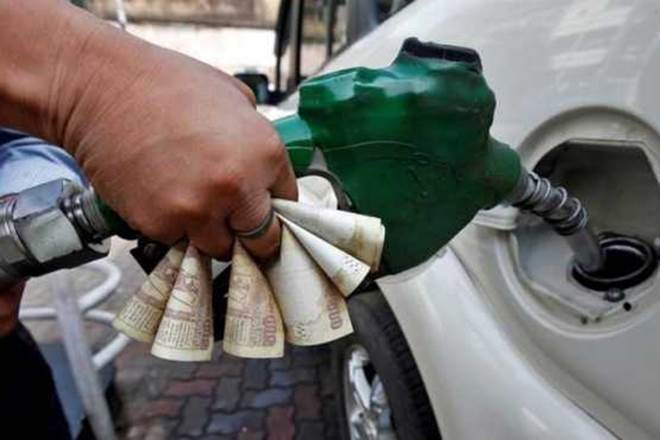Asmita Dey
Your daily commute to office may get a tad more expensive. Not just that, be prepared to shell out more for your groceries and outings too. The proposal to increase special additional excise duty and road and infrastructure cess each by `1 a litre on petrol and diesel is going to have a cascading effect on prices, claim experts. The actual impact on consumers will be more than `2 per litre because states charge an ad valorem tax on fuel.
Rajeev Singh, partner at Deloitte, said the rise in cess on fuels is going to impact both personal use of vehicles as well as goods movement. Diesel-guzzler trucks have 65% share in freight movement. This means prices of items, from perishable commodities to white goods, will rise. Calculations show that an increase in cess on petrol and diesel may wipe out close to `25,000 crore from households. This comes at a time when private final consumption has taken a hit and unemployment in the country has peaked to a 45-year high.
Data released by the Central Statistics Office showed private final consumption growth dipped to a five-quarter low in the three months to March this year. Volume growth at leading FMCG companies that derive more than a third of sales from rural areas has dropped. In fact, for the first time in five quarters, FMCG major HUL reported single-digit (7%) volume growth in the three months to March this year. Even other consumer staple companies such as Britannia, GSPL and Dabur are witnessing a slowdown. The liquidity problems of non-banking financial companies and credit squeeze may have further dampened consumption demand.
Auto sales, key indicator of consumption, have drastically fallen. As per Society of Indian Automobile Manufacturers (SIAM) data, passenger vehicle sales plummeted 20.55% year-on-year in May, the sharpest monthly fall seen in nearly 18 years, as manufacturers trimmed production owing to poor demand and higher inventory piled up with dealers from the previous months.
“The rural population will certainly get affected due to increase in the cess,” said Anil Talreja, partner at Deloitte. “If prices of crude and fuel do not reduce, this additional cess will drive travel costs. One has to see to what extent the increase announced today is neutralised by a potential reduction in crude price,” Talreja added.
Consumer use of e-commerce services, which has been fuelled by easy affordability of data is, however, unlikely to see significant impact due to the rise in cess, as the services are “more convenience led”, said Ankur Pahwa, partner at EY. “This will certainly impact unit economics for these (e-commerce) companies and we will need to see the strategies they adopt to pass on this increase to consumers,” Pahwa said.


